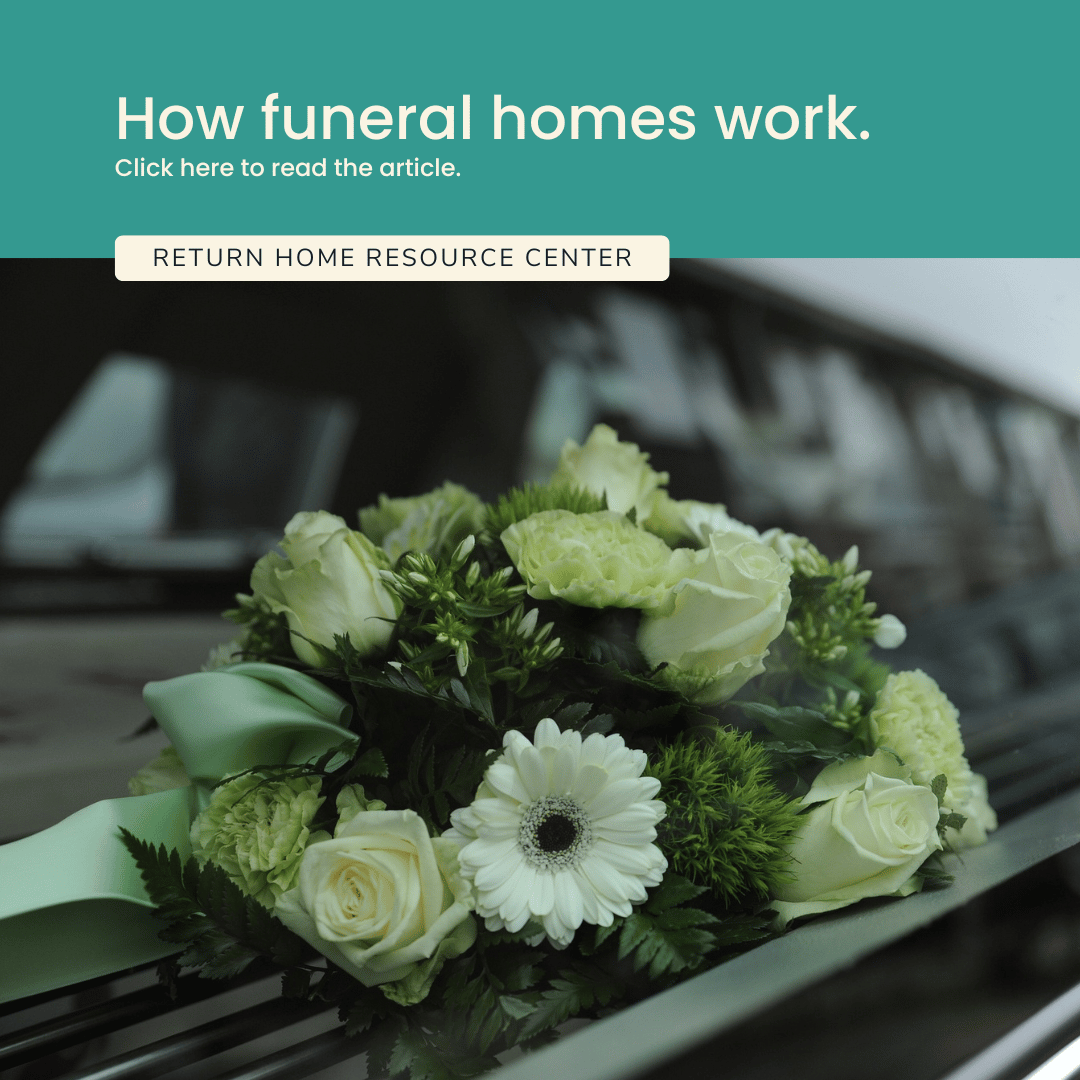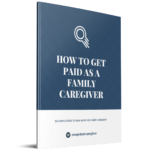Funeral Homes: Understanding Their Essential Services and Role

What’s a funeral home?
A funeral home, to know as a mortuary or funeral parlor, is a business that provide funeral and burial services for the deceased and their families. These establishments help families honor their loved ones while manage the practical aspects of death care. Funeral homes serve as essential pillars in communities, offer support during one of life’s nigh challenging transitions.
Most funeral homes are topically own and operate businesses, though some belong to larger corporate networks. Irrespective of size, these facilities are design to provide dignified care for the deceased and compassionate service to the bereaved.
The role of funeral homes in society
Funeral homes fulfill both practical and emotional needs during times of loss. They serve as a bridge between the medical system and final disposition, handle the deceased with respect while guide families through grief. These establishments maintain cultural traditions and rituals surround death while adapt to change societal preferences.
Beyond their immediate services, funeral homes oftentimes act as community resources for grief support, advance planning, and education about end of life matters. Many funeral directors see their work as a calling kinda than plainly a business, dedicate themselves to help families through difficult times.
Services provide by funeral homes
Care of the deceased
When someone pass outside, funeral homes provide transportation from the place of death to their facility. They offer secure, refrigerate storage and perform various preparation services base on family preferences and cultural requirements. These may include:
- Embalming a process that temporarily preserve the body
- Washing and dress the deceased
- Cosmetic work to create a peaceful appearance
- Marketing place the deceased in their choose casket
Funeral homes maintain specialized facilities for these procedures, ensure dignity and proper care end to end. Staff members are train in handle the deceased respectfully accord to professional standards and family wishes.
Funeral and memorial services
Funeral homes coordinate and host various types of ceremonies to honor the deceased. These might include:
- Traditional funeral services with view or visitation periods
- Memorial services without the body present
- Graveside ceremonies at cemeteries
- Religious or cultural rituals specific to the family’s traditions
Many funeral homes have chapels or event spaces where these gatherings can take place. They arrange for necessary items like flowers, guest books, memorial cards, and audiovisual equipment for tributes. Staff members coordinate with clergy or celebrants, musicians, and other service providers to create meaningful ceremonies.
Transportation services
Funeral homes maintain specialized vehicles for transport the deceased. Their fleet typically includes:
- Removal vehicles for transporting from place of death
- Hearses for ceremonial transportation to funeral and burial locations
- Limousines or family cars for transport immediate family
They coordinate processions between service locations, ensure dignified and organized movement. For families require interstate or international transportation, funeral homes manage the complex logistics and documentation require.
Administrative support
Funeral directors handle numerous administrative tasks that arise follow a death, include:

Source: returnhome.com
- Obtain death certificates and file them with appropriate authorities
- Complete necessary permits for burial, cremation, or transportation
- Assist with obituary writing and placement
- Coordinate with cemeteries or crematoriums
- Processing insurance claims or veterans benefits
- Organize donation acknowledgment for memorial contributions
This administrative support alleviate significant burdens from families during an emotionally challenging time, allow them to focus on their grief kinda than paperwork.
Cremation services
Many funeral homes offer cremation as an alternative to burial. Some operate their own crematoriums, while others partner with third party facilities. Cremation services may include:
- Direct cremation without a view or service
- Cremation follow a traditional funeral service
- Witness cremation where family members can be present
- Selection of urns and memorial containers
- Guidance on scattering or interment of cremate remains
With cremation rates increase in the United States, funeral homes have adapted their services to accommodate this preference while ease provide meaningful memorial experiences.
Pre-planning services
Funeral homes help individuals plan their own funeral arrangements in advance. Pre-planning services typically include:
- Consultation to discuss preferences and options
- Documentation of service details, disposition choices, and personal wishes
- Pre-funding options through trusts or insurance products
- Storage of vital information for when it’s need
Pre-plan relieves families of difficult decisions during their time of grief and ensure the deceased’s wishes are honor. It toto allowndividuals to make financial arrangements, potentially save their families from unexpected expenses.
The funeral home facility
Physical layout and design
Funeral homes are design with specific functional areas to serve their various purposes:
- Reception areas where families can meet with staff
- Chapels or ceremony spaces for services
- Visitation rooms where the deceased can be view
- Preparation rooms for embalming and other care procedures
- Selection rooms display caskets, urns, and other merchandise
- Private family rooms for breaks during long visitations
- Administrative offices for handle paperwork
The design typically emphasizes comfort, tranquility, and dignity. Many funeral homes arelocatede in convert residential buildings, peculiarly historic homes, create a more homelike atmosphere than an institutional setting.
Accessibility considerations
Modern funeral homes prioritize accessibility for all visitors, incorporate features such as:
- Wheelchair ramps and elevators
- Accessible restrooms
- Hearing assistance systems in chapels
- Adequate parking with designated accessible spaces
- Clear signage and navigation
These accommodations ensure that all mourners can participate full in services and support activities disregarding of physical limitations.
Funeral home professionals
Funeral directors
Funeral directors, besides call morticians or undertakers, serve as the primary professionals in funeral homes. These individuals must be license in most states, require:
- Completion of mortuary science education programs
- Apprenticeship periods under experienced directors
- Pass state board examinations
- Continue education to maintain licensure
Funeral directors combine technical skills in care for the deceased with interpersonal abilities to support grieve families. They act as event planners, counselors, administrators, and ceremonial guides throughout the funeral process.
Support staff
Funeral homes employ various support staff to ensure smooth operations:
- Embalmers who specialize in preparation of the deceased
- Funeral attendants who assist during visitations and services
- Administrative personnel handle paperwork and coordination
- Maintenance staff keep facilities clean and presentable
- Drivers for funeral vehicles
In smaller funeral homes, staff members oftentimes fulfill multiple roles, while larger establishments may have more specialized positions. All staff typically receive training in appropriate etiquette and support grieve individuals.
Choose a funeral home
Factors to consider
When select a funeral home, families should consider several important factors:
- Location and accessibility for expect attendees
- Reputation and reviews from other families
- Religious or cultural affiliations if relevant
- Range of services offer
- Facility accommodations and atmosphere
- Staff qualifications and demeanor
- Pricing transparency and options
- Willingness to accommodate special requests
Many people choose funeral homes base on previous family experiences or community connections. Others research multiple options to find the best fit for their specific needs and budget.
Understand costs
Funeral home costs typically include both service fees and merchandise:
- Basic services fee cover administrative work, planning, and view graph
- Specific service charges for embalming, visitation, ceremonies
- Transportation fees
- Merchandise cost for caskets, urns, burial containers
- Cash advance item the funeral home arranges on behalf of families
The federal trade commission’s funeral rule require funeral homes to provide itemize price lists and allow consumers to select exclusively the services they want. This transparency help families make informed decisions within their budget constraints.
The evolution of funeral homes
Historical development
The modern funeral home evolve from earlier practices where families care for their dead at home. As American society urbanize and medicalize death, specialized funeral businesses emerge in the late 19th century. The development of embalm during the civil war contribute to the professionalization of death care.
Throughout the 20th century, funeral homes become progressively establish institutions in communities across America. They develop standardized practices while adapt to cultural changes in attitudes toward death and remembrance.
Contemporary trends
Today’s funeral homes are adapted to change consumer preferences:
- Increase demand for personalization and unique ceremonies
- Grow preference for cremation over traditional burial
- Integration of technology through livestream services and digital memorials
- Greater interest in environmentally friendly options
- More celebration of life services instead than traditional funerals
- Expand grief support services and aftercare programs
Many funeral homes nowadays position themselves as event centers for life celebrations kinda than exclusively as somber places of mourning. This reflects broader cultural shifts in how we commemorate lives and process grief.
Regulations and standards
Funeral homes operate under various regulations to protect consumers and ensure proper handling of the deceased:
- State licensing requirements for facilities and professionals
- Health department regulations regard sanitation and handling of remains
- FTC funeral rule mandate price transparency and consumer rights
- OSHA workplace safety standards for handle biohazardous materials
- Environmental regulations for crematory operations
Professional associations like the national funeral directors association to establish ethical standards and best practices for member firms. These regulations and standards help maintain professional integrity and public trust in funeral service.
The value of funeral homes in the grieving process
Funeral homes provide more than fair practical services — they create spaces for important psychological and social processes:
- Acknowledge the reality of death through view or ceremony
- Gather community support around the bereaved
- Provide ritual frameworks that help process grief
- Create meaningful tributes that honor the deceased’s life
- Facilitate healthy transitions for families adjust to loss
Research suggest that meaningful funeral rituals can help mourners begin their grief journey in healthier ways. By provide structure during chaotic emotional times, funeral homes help families take their first steps toward healing.
Conclusion
Funeral homes serve as essential institutions during life’s nigh difficult transitions. They combine practical expertise in death care with compassionate guidance for grieve families. Whether provide traditional services or adapt to contemporary preferences, these establishments help communities honor their dead and support the living through the universal experience of loss.

Source: fmfuneralhome.com
As society continue to evolve in its approaches to death and remembrance, funeral homes remain adaptable while maintain their core mission: provide dignified care for the deceased and meaningful support for those who mourn them.






